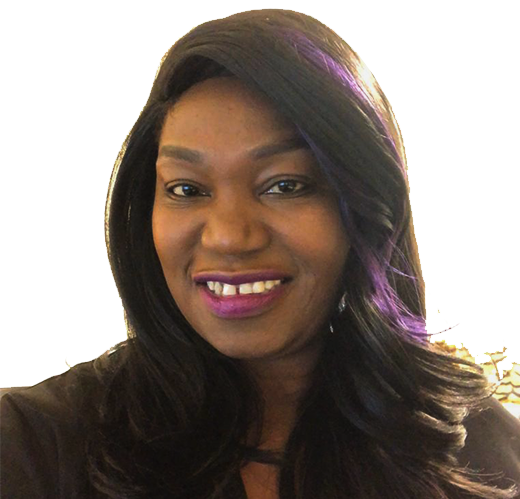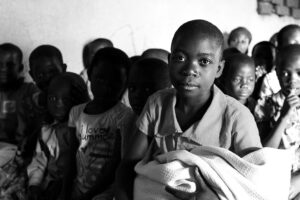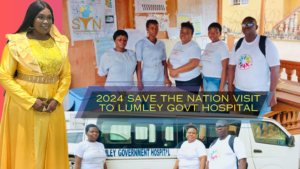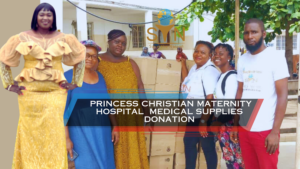The African continent has long been plagued by issues related to healthcare availability and quality. There are numerous challenges facing the health care system in Africa, despite the efforts of governments, international organizations, and NGOs.
One of the biggest challenges facing African healthcare is the lack of resources. The continent has a high burden of diseases such as malaria, HIV/AIDS, tuberculosis, and others, which require significant resources to manage effectively. Unfortunately, many African countries have limited financial resources to allocate towards healthcare. This results in inadequate funding for essential services such as vaccinations, medication, and medical equipment.
In addition to a lack of resources, the African healthcare system is also hindered by a shortage of skilled healthcare professionals. African countries suffer from brain drain, where trained medical professionals leave the country for better job opportunities elsewhere. This has resulted in a shortage of doctors, nurses, and other healthcare workers. This makes it difficult for the healthcare system to meet the needs of the population.
Another significant challenge facing African healthcare is infrastructure lack. Healthcare facilities lack the basic amenities necessary to provide quality healthcare services, such as clean water, electricity, and sanitation. This has led to infections and diseases spreading, making them difficult to control.
Furthermore, many healthcare facilities in Africa lack essential medical equipment, such as diagnostic tools and life-saving devices. This hinders healthcare workers’ ability to provide timely and effective treatment to patients.
The COVID-19 pandemic has further highlighted the African healthcare system’s weaknesses. The continent has struggled to contain the virus spread due to a lack of testing capacity, inadequate medical supplies, and limited access to vaccines. The pandemic has also exposed healthcare system inequalities, with the most vulnerable populations being the hardest hit.
To address these challenges, African governments, international organizations, and NGOs must work together to improve the healthcare system on the continent. This will require increased investment in healthcare, including funding for essential services, training and retaining skilled healthcare workers and improving infrastructure and medical equipment.
It is also essential to prioritize the most vulnerable populations, such as women and children, who are disproportionately affected by health disparities. This can be achieved through targeted interventions, such as maternal and child health programs and initiatives to improve access to healthcare in rural and underserved areas.
In conclusion, the decline in the African healthcare system is a complex issue that requires a comprehensive and collaborative approach to address. The challenges faced by the healthcare system are significant. However, with concerted efforts, it is possible to improve health outcomes for the population and ensure that everyone has access to quality healthcare services.






